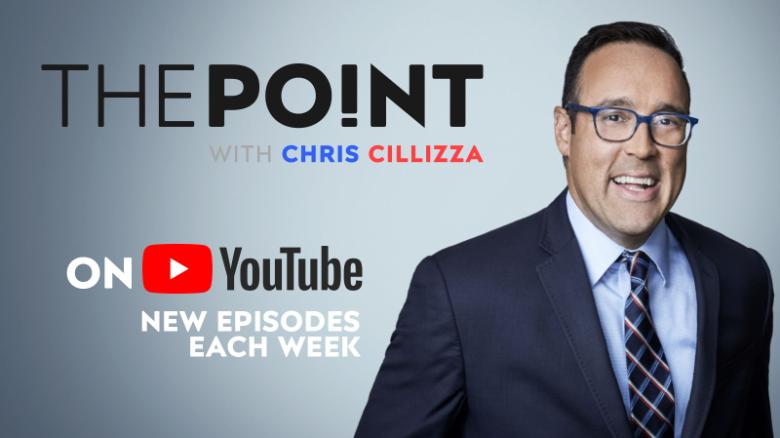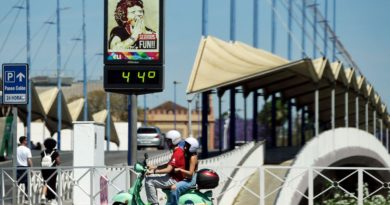Ron Johnson just dropped a ridiculous conspiracy theory at the Senate Capitol attack hearing
Wisconsin Republican Sen. Ron Johnson has carved out quite a niche for himself in recent weeks: He’s the guy willing to push wild conspiracy theories about what happened before, during and after the January 6 riot at the US Capitol.
Johnson has previously suggested that Speaker Nancy Pelosi (California) impeached former President Donald Trump over his role in the riot as a way to cover up her own malfeasance on that day – although he’s never actually explained what Pelosi did wrong. And Johnson said last week that he didn’t believe that what happened at the Capitol was an “armed insurrection,” despite ample evidence that it was.
It shouldn’t surprise you one bit, then, that Johnson used his time in the first public Senate hearing on the Capitol attack to spread a single eyewitness account suggesting that there were professional provocateurs seeded in the crowd on January 6 that led the largely peaceful gathering to turn violent.
Johnson read excerpts from a piece by J. Michael Waller, which ran in The Federalist on January 14. (Waller works at the Center for Security Policy, a controversial think tank that has been accused of Islamophobia.)
In it, Waller claimed that “a small number of cadre appeared to use the cover of a huge rally to stage its attack,” suggesting that these “agents-provocateurs” were a) not Trump supporters and b) were primarily responsible for the violent storming of the Capitol.
Here’s one representative sample from Waller’s massively long and often contradictory recounting of what he saw on January 6:
“Although the crowd represented a broad cross-section of Americans, mostly working-class by their appearance and manner of speech, some people stood out. A very few didn’t share the jovial, friendly, earnest demeanor of the great majority. Some obviously didn’t fit in.
“Among them were younger twentysomethings wearing new Trump or MAGA hats, often with the visor in the back, showing no enthusiasm and either looking at the ground, glowering, or holding out their phones with outstretched arms to make videos of as many faces as possible in the crowd.”

In the same piece, Waller argues that the Capitol Police badly overreacted to the crowd, which turned things violent. And that, in his words, “apparent agents-provocateurs placed hundreds of unsuspecting supporters of the president in physical danger. They attempted to block exits for people seeking to escape tear gas. They endangered vulnerable people, including children, the frail, and the elderly.”
None of Waller’s account jives with what we know about what happened on January 6. The FBI has said there is zero evidence that Antifa or any other group of leftist provocateurs had been part of the January 6 crowd – much less been the ones inciting violence. And the vast majority of people arrested identify with far-right groups like the Oathkeepers, not any groups on the extreme left.
That Waller wrote the piece is one thing. As he says in it:
“This article is a first-person, eyewitness account drafted the night of Jan. 6 and morning of Jan. 7, so it is not affected by other news coverage or information. The only research aids used in this article were photos and videos that I took from my phone.”
It’s literally one guy’s interpretation of what he saw.
But for Johnson to elevate an admittedly subjective take on January 6 to the level of reading it aloud in a Senate hearing on an attack that left five people dead and scores more wounded? That’s something else entirely.
That Johnson showed such poor judgment is becoming a hallmark of his time in the Senate. That, and the inconsistency of his views depending on whether his side is being accused. While Johnson is more than willing to take one man’s word for it that those gathered for the “Stop the Steal” rally were peaceful until made violent by these alleged “agents provocateurs,” he was far less willing to come to the same conclusion during the protests in Portland last summer.
“When you do little or nothing to stop riots, you unleash anarchy,” Johnson said at the time. “When you encourage criminals and unleash anarchy, people die. All of us suffer.”
Ahem.
CNN’s Josh Campbell contributed to this report.
*** This article has been archived for your research. The original version from CNN can be found here ***


